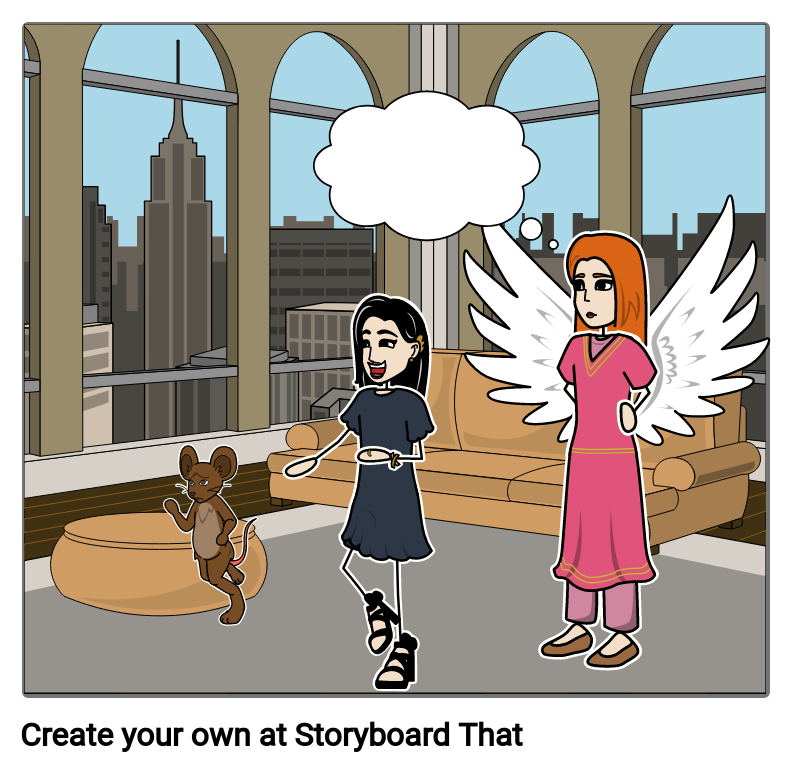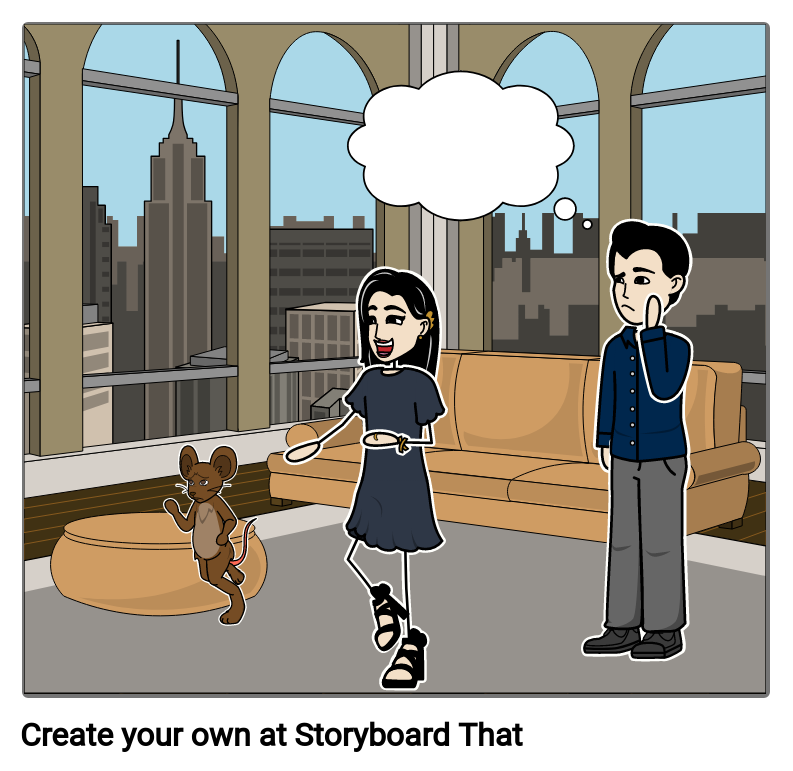TUTORS NOTE
Make sure to move on to Part H for the last 3 minutes to provide feedback.
PART A_1
Let’s introduce ourselves to each other.
自己紹介をしましょう。
PART A_2
My name is ________________. What is your name?
PART A_3
I am ________________. Nice to meet you.
PART A_4
Nice to meet you too, ________________. What are your hobbies?
PART A_5
________________________________. How about you?
PART A_6
________________________________. Let’s begin our lesson!
PART B_1
We will read aloud the words below. Please repeat after me. I will check your pronunciation.
単語を音読します。講師に続いて読みましょう。講師は発音を確認します。
(Please send the mispronounced words and phrases to your student.)
PART B_2
| 1. | attraction |
|
引き付ける力
|
|
| 2. | in advance |
|
前もって
|
|
| 3. | district |
|
区域
|
|
| 4. | intimate |
|
親密な
|
|
| 5. | experimental |
|
実験的な
|
PART B_3
Now, let’s review some words from Part B_2.
ではいくつかの単語を復習してみましょう。
(Please review the mispronounced words and expressions from Part B_2.)
PART B_4
PART C_1
You will read aloud the passage below. Please repeat after me. I will check
your pronunciation and intonation.
your pronunciation and intonation.
文章を音読します。講師に続いて読みましょう。講師は発音を確認します。
(Please send the mispronounced words and expressions to your student.)
PART C_2
Broadway musicals in New York City are a popular attraction for both tourists and local New Yorkers. Many old and popular stories, as well as new ones, are made into musical shows. There are over 40 Broadway theaters in New York’s Theatre District. In Japan, you have to book a theater seat a few months in advance; but in New York, all Broadway theaters have 500 or more seats, so it’s much easier to get a ticket. Also, there are many smaller, “Off-Broadway” theaters in the Theatre District. Off-Broadway shows are more intimate and often more experimental. A wide variety of shows are performed in those theaters. Some musicals, such as “A Chorus Line” or “Rent,” both very famous in Japan, were first performed in Off-Broadway theaters.
PART C_3
Now, let’s review some words and phrases from Part C_2.
ではいくつかの単語や表現を復習してみましょう。
(Please review the mispronounced words and expressions.)
PART C_4
PART C_5
I will ask the following questions. Please answer based on the passage. I will check if your sentences are complete and if the grammar is correct.
講師が質問するので音読した文章の内容に沿って答えましょう。講師は文法と完全な文章であるかを確認します。
(Please send the sentences that need grammar corrections to your student.)
PART C_6
| 1. | What is a popular attraction for both tourists and locals in New York? |
| Answer: | |
| 2. | About how many Broadway theaters are in New York’s Theater District? |
| Answer: | |
| 3. | What is the difference between booking a theater seat in New York and in Japan? |
| Answer: | |
| 4. | What are Off-Broadway shows? |
| Answer: |
PART C_7
Now, let’s review your answers.
では、あなたの答えを復習してみましょう。
(Please review your student’s answers by sending the correct answers in complete sentences. After that, ask your student to read aloud his or her corrected answers.)
PART C_8
PART D_1
Please summarize the contents of this passage and tell it to your tutor. You may refer to your answer above and your textbook. I will check your sentence and grammar.
物語を要約します。自分の持っている教科書を確認しても構いません。講師は文法を確認します。
(Students may refer to a textbook they own when they have a hard time.)
PART D_2
PART D_3
Now, let’s review your answers.
では答えを復習してみましょう。
PART D_4
PART E_1
Now, please answer the following questions. I will check if your sentences are complete and if the grammar is correct.
講師が質問しますので答えましょう。講師は文法と完全な文章であるかを確認します。
(Please send the sentences that need grammar corrections to your student.)
PART E_2
| 1. | How many famous Broadway musicals do you know? |
| Answer: | |
| 2. | Not only Broadway stories but many Disney movies are in the style of musical. Do you know any? |
| Answer: | |
| 3. | Why do you think stories are made into musical style? |
| Answer: | |
| 4. | What do you think are the impacts of musicals on people? |
| Answer: |
PART E_3
Now, let’s review your answers.
では、あなたの答えを復習してみましょう。
(Please review your student’s answers by sending the correct answers in complete sentences. After that, ask your student to read aloud his or her corrected answers.)
PART E_4
PART F_1
Now, you will express your opinion about the topic below. You may refer to your answer above and your textbook. I will check your sentence and grammar.
下記のトピックについて自分の意見を述べましょう。自分の持っている教科書を確認しても構いません。
(Please send the sentences that need grammar corrections to your student.)
PART F_2
| Topic: | What is your opinion about this topic? |
| Answer: | . |
PART F_3
Now, let’s review your answer.
では、あなたの答えを復習してみましょう。
(Please review your student’s answers by sending the correct answers in complete sentences. After that, ask your student to read aloud his or her corrected answers.)
PART F_4
PART G_1
Now, please answer the following question. I will check if your sentence is complete and if the grammar is correct.
講師が質問しますので答えましょう。講師は文法と完全な文章であるかを確認します。
(Please send the sentences that need grammar corrections to your student.)
PART G_2
There are so many famous tourist attractions around the world. What are your two dream places to go?
PART H_1
Now, let’s review today’s lesson. I will give you scores for each criterion and overall feedback, both verbally and through the chatbox.
今日のレッスンを振り返りましょう。講師は各項目のスコア採点とフィードバックを行います。同じ内容をチャットボックスにも送ります。
(The student will take note of your feedback in his/her textbook. Score each criterion and provide feedback both verbally and through the chatbox. Use the criteria listed in Part H_2. If you don’t have enough time, send the scores and feedback to the student through the chatbox.)
PART H_2
| Score: | Please check the description of each score. |
| 1. | strongly disagree | |
| 2. | disagree | |
| 3. | undecided | |
| 4. | agree | |
| 5. | strongly agree |
| Criteria: | Please give the score by looking back on today’s lesson. |
| 1. | The student was able to use appropriate phrases to express his/her ideas. | |
| 2. | The student was able to correct grammar and phrases if he/she made a mistake. | |
| 3. | The student was able to speak in a confident manner. | |
| 4. | The student was able to express his/her ideas in a logical way. | |
| 5. | The student was able to tell his/her thoughts to the tutor properly. | |
| 6. | The student was able to speak in a consistent way. | |
| 7. | The student was able to react to the tutor’s question well. | |
| 8. | The student didn’t continue the subtle pauses and silences. | |
| 9. | The student was able to maintain a fluent, and natural flow of speaking. |
PART H_3
If you want to check the score again, please say the criteria number.
スコアを確認したい項目があれば、番号を言いましょう。
(Please make sure that your student took a note of the score you gave.)


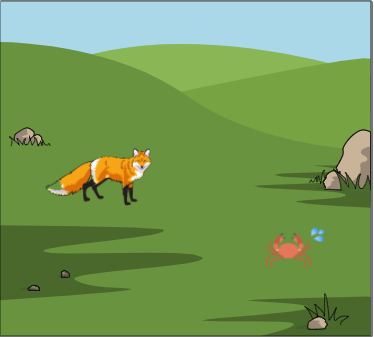

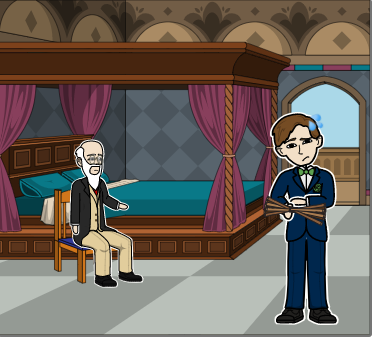
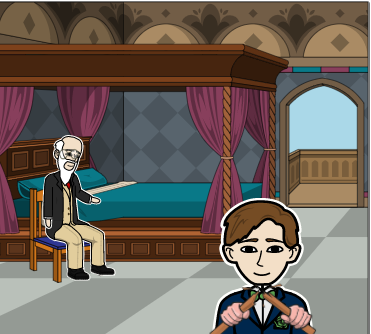


 GOOD
GOOD 

